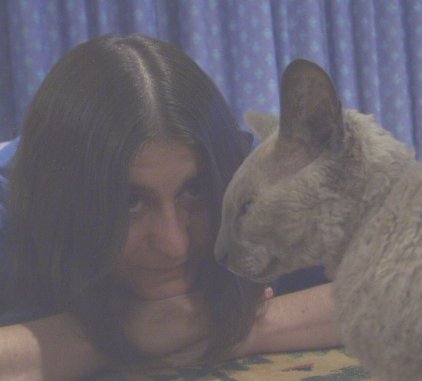I had coffee with C.W. from Curtin last night after CARCIT. A snippet brought up in the converstation obviously gelled overnight. She mentioned that Flickr (which started as a photo sharing site) frowns on people adding screenshots or posters or even scans of their kids' artwork, as it wants to focus on photography. The users have poo poohed this and are using it as an image exchange site, rather than a photo appreciation site. A case of a service set up to do x, being flooded by users who find it useful and are demanding it now take form y.
This morning I was speculating that maybe Flickr would be forced to create ''Flickr Scholar'', in the same way google created google scholar. And then maybe all these types of sites would create a ''scholar'' version...del.icio.us scholar, digg scholar?
Which of course led me to the logical outcome... (University name) Scholar.
C.W. and I were speculating last night about what our role will become if library bypass happens and all we are used for is paying for databases that people want to access. She suggested that we would have a role in matching best RSS source with best website, with appropriate other technological source/site. I thought this was exciting and useful, but even further from librarianship than we have gone before. I wondered what other profession may fulfil the same role..."Educators" came the answer. I agree.
So...what does (University Name) Scholar look like? Well....
- it has to be a "single search box" web site that meets all the research needs of our University.
- It combines the resources of the Teaching and Learning Centre and the Library.
- It has a budget that pays for access to passworded journal sites (although with Open Source journals even this function may decrease).
- It has live chat for users, with staff who can advise the best source for their query, whether it uses sources "owned" by us or not.
- If the tools we use are too hard for the user, then we use them and provide the answers, always making the tools available for the more savvy user to use themselves.
- Instruction in tool use (not just "owned" by us) is provided for users
- Instruction in researching, not just searching is provided.
- We are where the users are...so we have a facebook and MySpace presence.
- It provides communication/social networking with information finding...providing forums, blogging spaces for the University Community.
- It has a physical presence which allows real people contact.
- It still curates bookstock...but has a bigger focus on delivery to the user where the user is.
- It allows device independent access...whether people use PDA's, wireless laptops, converged PC with mobile phone...they can still find the information they need.
Now...is this merely a modest proposal...or where we may go? I don't know.

No comments:
Post a Comment